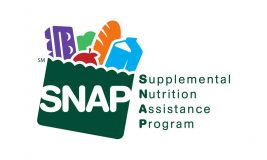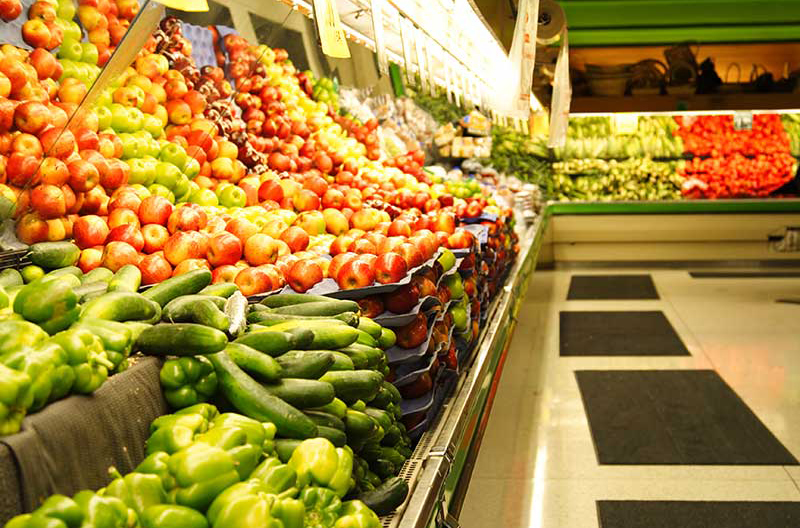At the direction of President Trump, U.S. Secretary of Agriculture Sonny Perdue on Jan. 8 revealed a plan to ensure that low-income Americans have access to the nutrition they need during the partial government shutdown over funding for the border wall. The plan provides full benefits for participants in USDA’s Supplemental Nutrition Assistance Program (SNAP) for the month of February.

When USDA’s funding expired on Dec. 21, 2018, SNAP benefits for January were fully funded. States already have received that money and have been distributing it to participants. Since the lapse in appropriations, USDA has been reviewing options available to the department for funding February benefits without an additional appropriation from Congress.
“At President Trump’s direction, we have been working with the Administration on this solution. It works and is legally sound. And we want to assure states, and SNAP recipients, that the benefits for February will be provided,” Perdue said. “Our motto here at USDA has been to ‘Do Right and Feed Everyone.’ With this solution, we’ve got the ‘Feed Everyone’ part handled. And I believe that the plan we’ve constructed takes care of the ‘Do Right’ part as well.”
To protect SNAP participants’ access for February, USDA is working with states to issue February benefits earlier than usual. USDA will rely on a provision of the just-expired Continuing Resolution (CR), which provides an appropriation for programs like SNAP and child nutrition to incur obligations for program operations within 30 days of the CR’s expiration.
USDA will be reaching out to states to instruct them to request early issuance of SNAP benefits for February. States will have until Jan. 20 to request and implement the early issuance. Once the early issuances are made, the February benefits will be made available to SNAP participants at that time.
USDA also has ensured the other major nutrition assistance programs have sufficient funding to continue operations into February. The child nutrition programs, including school meals and after-school programs, have funding available to continue operations through March. The Special Supplemental Nutrition Program for Women, Infants and Children (WIC) has prior year funding which USDA will begin to provide to states this week to facilitate February benefits. Other FNS programs, which provide assistance to food banks, the elderly and Tribal nations, may continue to utilize grant funding provided prior to the lapse in appropriations. Commodity deliveries to those programs will continue.

